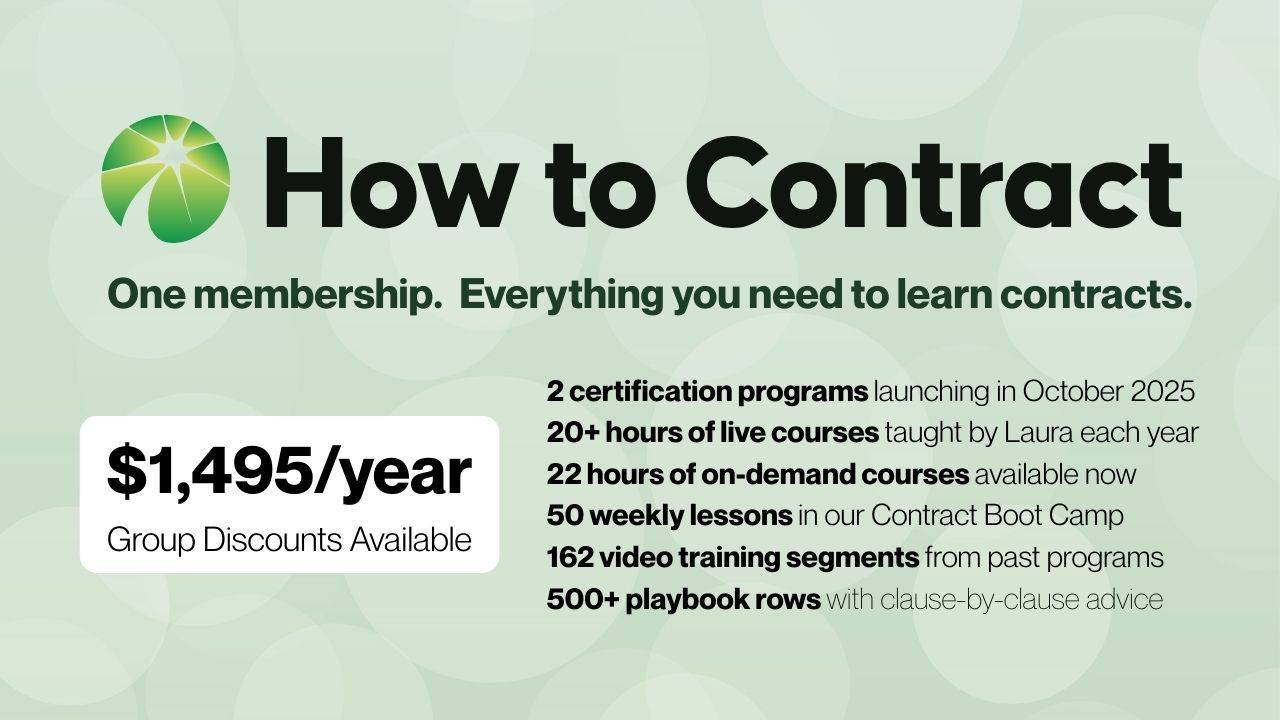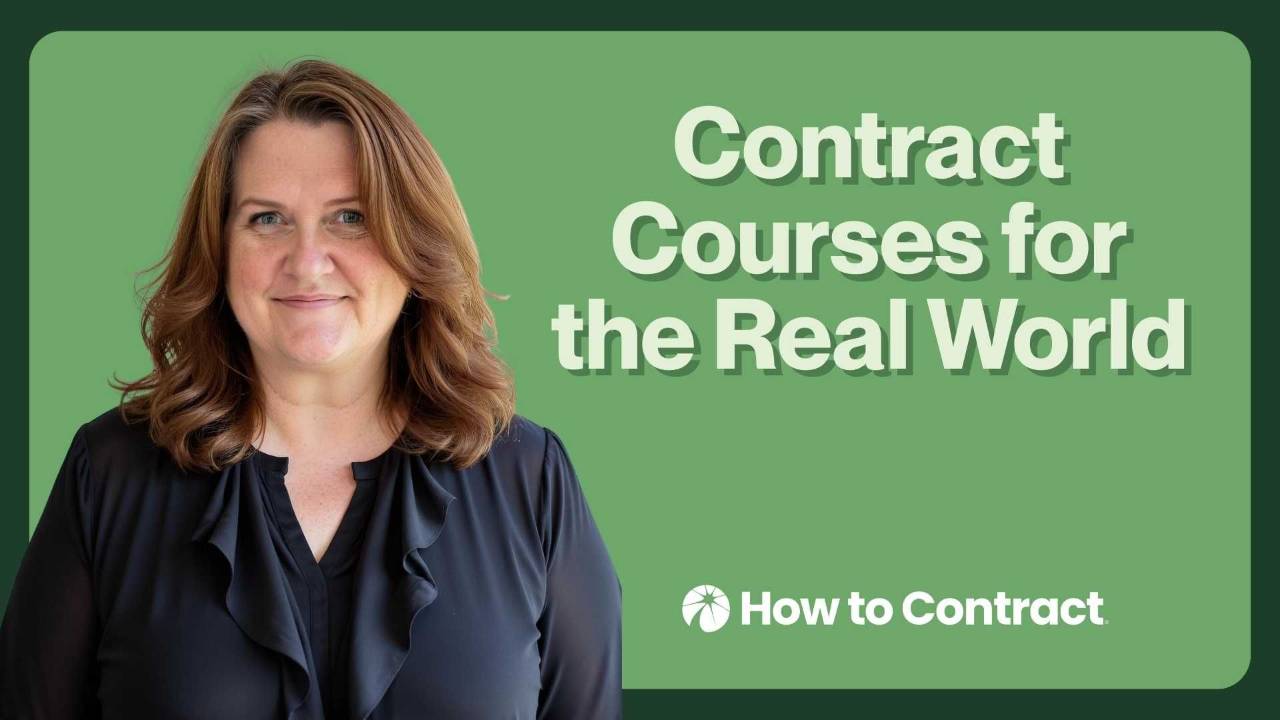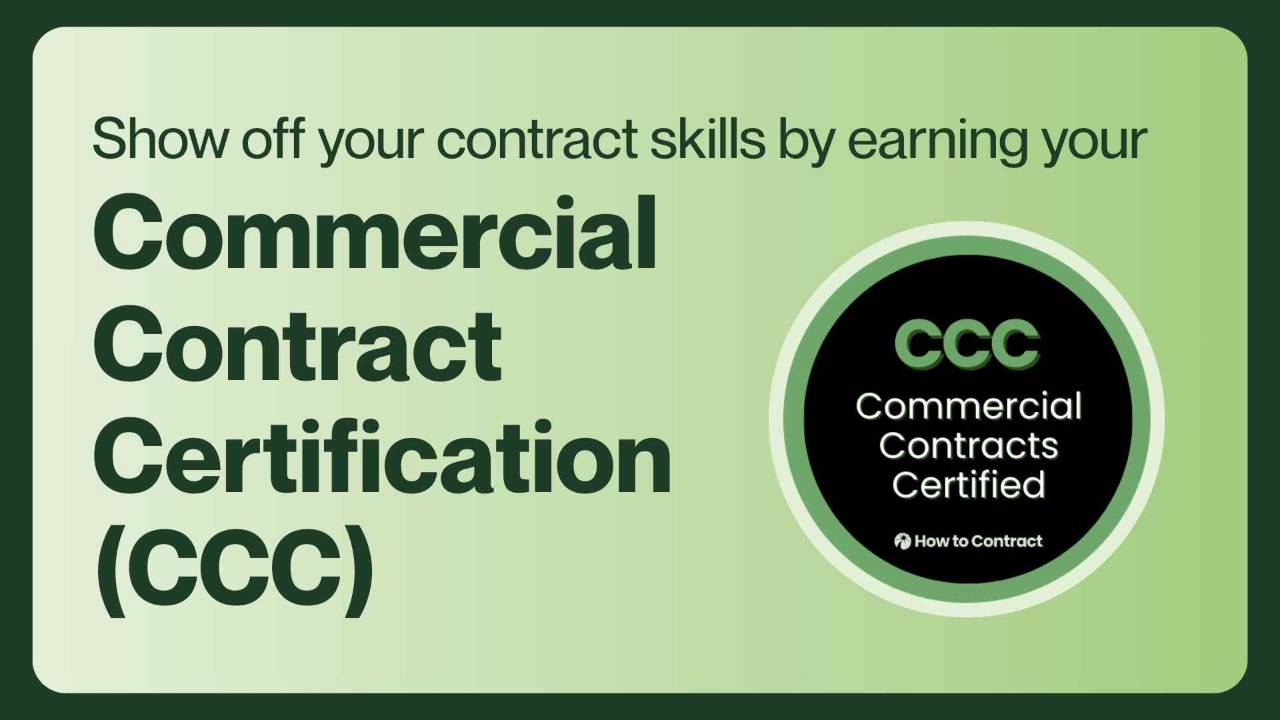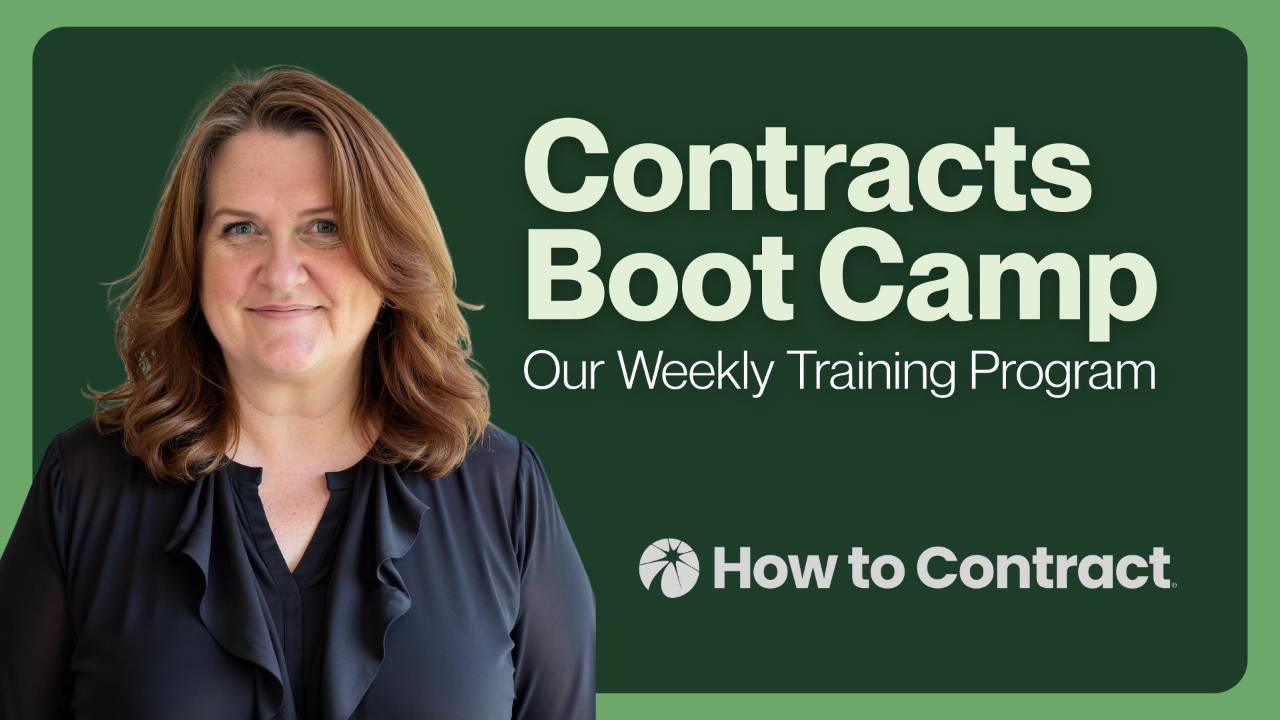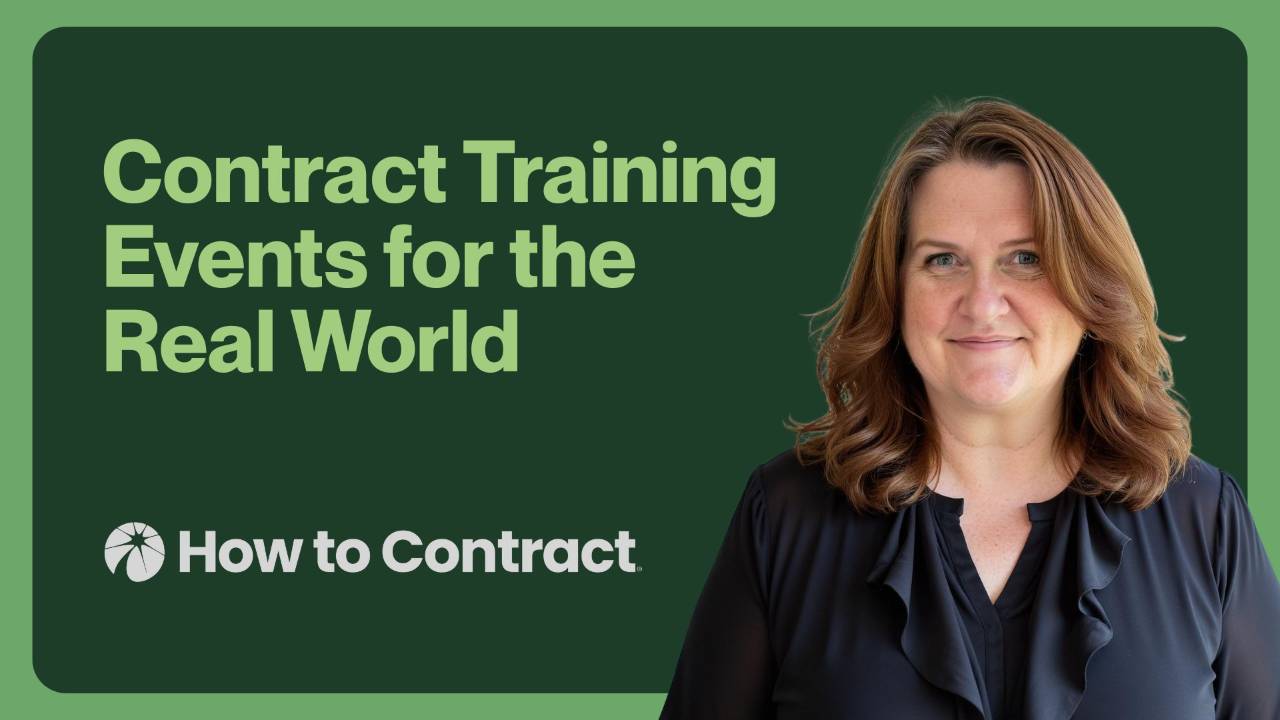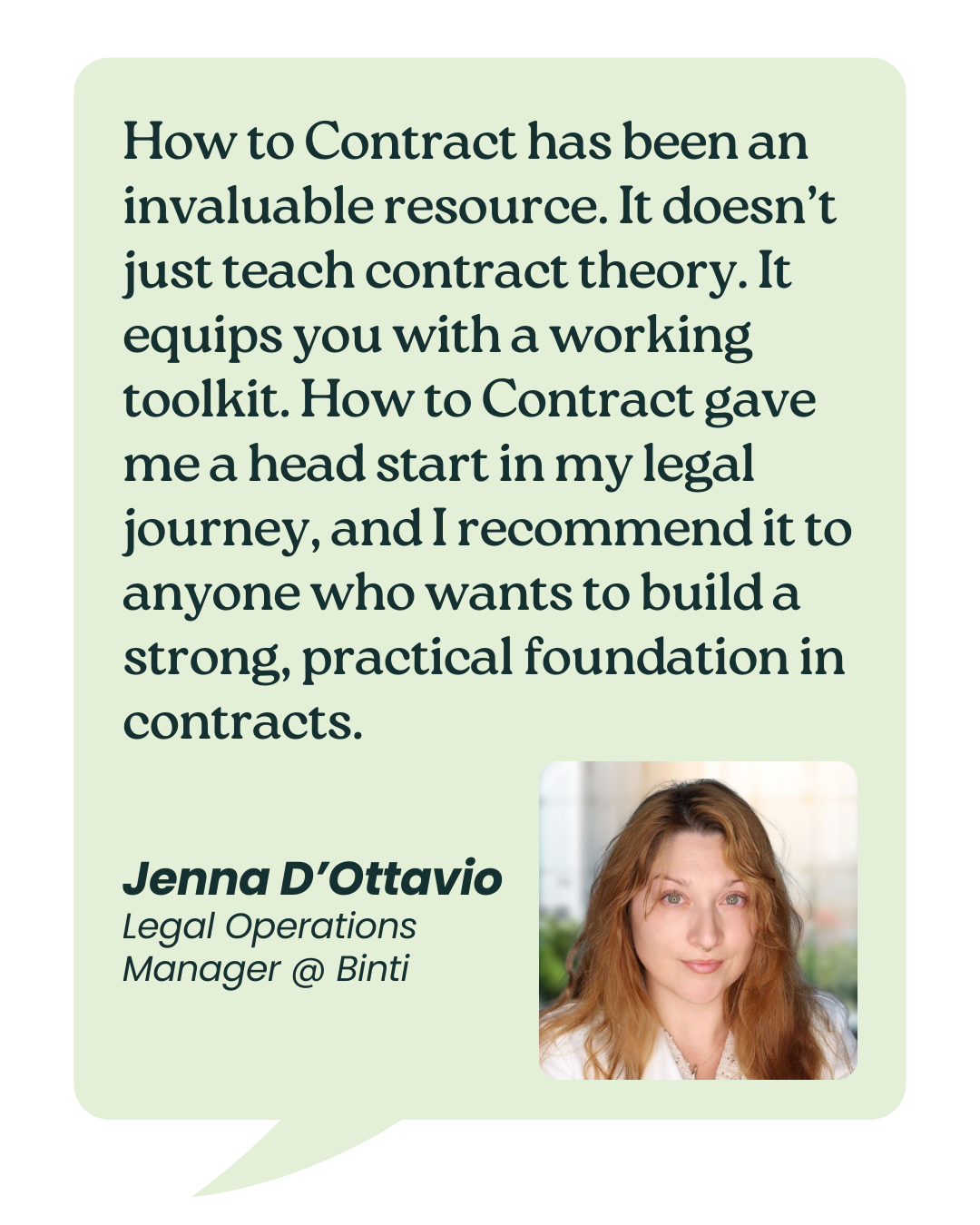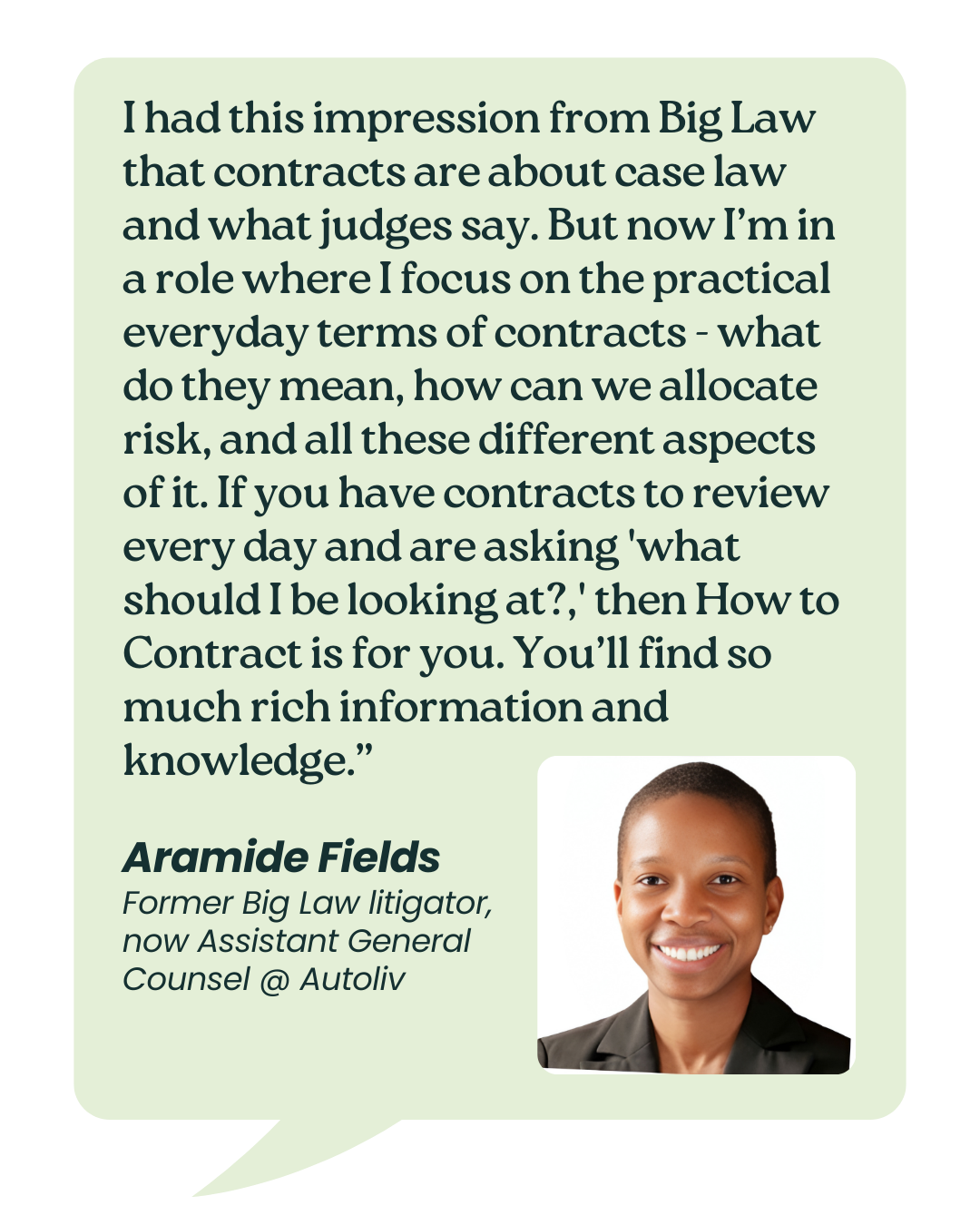
How I Contract: Hebe Doneski, General Counsel at Symmetry Software
This interview is with Hebe Doneski, General Counsel at Symmetry Software. It's part of the How I Contract interview series with experienced contract lawyers and professionals which aims to become a source of inspiration, support, and advice for new lawyers and professionals.
Hebe, thank you for doing this interview! Let’s start by getting to know you a little bit more. Can you tell us a story about what brought you to this specific career path? How long have you been working with contracts?
I started my law career at a small multi-practice firm where I had the opportunity to do both litigation and transactional work. Although I learned a lot from the litigation, I definitely preferred the transactional side of the practice.
When I had the opportunity to take an in-house job at a tech company, my practice was almost 100% transactional. So I have been working with contracts in some capacity for my entire law career, over 20 years now.
Let’s move to the topic we all love — contracts. What should you do on day one of working with contracts? What shouldn’t you do?
Be pragmatic.
Learn as much as you can about the business you are representing.
Even if you are in a law firm, a basic understanding of your client’s industry will help you write and negotiate better contracts than if you approach it from a strictly legal perspective.
What not to do: When drafting, avoid the temptation to fill the contract with every conceivable legal term. If the risk of a particular thing happening is very low, your client may be willing to accept the risk of not having it in their contract.
Same thing with negotiating. You will not end up with a “perfect” deal for either side. Focus on the areas that matter to your client and be prepared to concede on the lower-impact items.
What mistakes should new contract lawyers and professionals avoid when working with contracts? If possible, could you share a story behind such a mistake and how you handled it?
Try to avoid rushing. Especially in-house, your client will pressure you to turn contracts around as quickly as possible.
Whenever I can, I try to allow at least two separate days to review and redline a contract, even if it will only take me a few hours in total. Putting the document aside and coming back to it with fresh eyes will help you spot things that you may have missed the first time you reviewed it.
Towards the end of a client’s fiscal year, I was negotiating a contract that would end up being their largest deal yet, so it was under a lot of scrutiny and I was under a lot of time pressure. In a rush to turn around a draft, I accidentally accepted a redline that added a term that I knew my client would not agree to, but I overlooked it. Had I allowed myself to come back to the contract the next day, I probably would have spotted my error. Instead, I did not catch it until after the contract was signed and I was preparing a contract summary. I just had to admit my mistake to the client and promise to be more careful next time (and to promise myself that I wouldn’t rush, no matter how much time pressure I am under).
What is your favorite contract management tip? Why?
I use an online tool that works like a software code management tool. It tracks and numbers all versions and shows all changes in redline form. This way, if the counterparty sneaks in an unmarked change, I can spot it without having to run a fresh comparison in Word.
What is your favorite time management tip when working with contracts?
I set my timer for one hour to remind myself to take regular breaks. It helps me think more clearly.
What advice do you have for dealing with difficult counterparties?
Remember that it is never about you. If someone is being difficult, realize that they may be having a bad day. I try to be extra gentle in my tone and words if the counterparty is being unpleasant.
Can you name one thing every contract lawyer or professional should do every day to get better at contracts?
Take breaks. Get exercise.
What advice would you give to your younger self when you started working with contracts?
Don’t try to win every point in a negotiation. It is a give-and-take situation.
What advice would you give to contract lawyers and professionals working in a team?
Share knowledge liberally. Use playbooks. Make sure everyone has access to all of the information from everyone else on the team. Find ways to collaborate at every opportunity.
Have you ever felt imposter syndrome when working on contracts? How have you been dealing with it?
When I was a young lawyer I looked even younger than I was, so people assumed I was inexperienced. I made sure to be extremely prepared for every client encounter to demonstrate my competence.
What advice do you have for managing the stress and work demands that come with working on contracts?
Keep work in perspective — it is only a job. Get some exercise 🙂
What should contract lawyers and professionals do to stand out?
Demonstrate an interest in your client’s business and learn as much as you can about it.
What interview question would you like to be asked and how would you answer it?
What is your favorite type of contract? I love working with emerging legal issues that arise from advances in technology. Lawyers are still working out how to contract around topics like AI and blockchain, even though the technologies have existed for many years. It will be interesting to see how those and other emerging spaces develop.
Who do you think we should interview next? Why?
Kwame Christian. He has great perspectives on negotiation.
Thank you very much, Hebe!
How to Contract's membership is designed to help you build real-world expertise with commercial contracts. Get access to our comprehensive system of live and on-demand courses, weekly lessons, detailed playbooks, and more. Join today!

